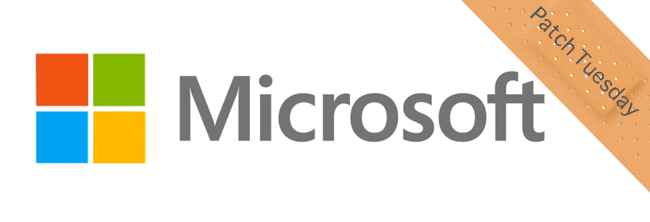
The NSW government is testing the ability of an artificial intelligence model to predict risks to children and young people in out-of-home care.

The Department of Communities and Justice (DCJ), which is responsible for children in residential facilities or assigned to unrelated foster parents or trusted relatives or community members, told iTnews that it had partnered with Monash University for the project.
“The department is engaged in a small-scale research project investigating potential uses for AI to help target programs for at-risk children and their families,” a spokesperson said.
“This research project is in its early phase and does not involve AI/machine learning replacing specialist caseworker decision-making.”
Children in out-of-home care are at risk of re-experiencing abuse by predatory foster parents and neglect by providers exploiting them for government subsidies.
Long-term care arrangements breaking down prematurely – increasing children’s likelihood of developmental delays and other mental health problems – are another key risk.
The ‘Tools of Intelligent Practice’ project will remain in the proof-of-concept phase for another 12 months.
The long-term aim is to build so-called “decision support” tools that could help frontline child protection practitioners identify emerging risk factors to children’s safety and wellbeing in state care, which could trigger more timely interventions.
“As a research partner, Monash University has been given access to limited de-identified information within a government-owned, controlled and managed data system, including a subset of the Human Services Dataset,” the spokesperson said.
The Human Services Dataset brings together de-identified data from across government agencies to improve outcomes for children, families and communities.
Information like names, dates of birth and addresses is removed to ensure the data does not identify individuals and privacy is protected.
The project was first revealed in a submission made in October to the NSW Parliamentary Inquiry into AI, which will take place in March.
The NSW Department of Customer Service’s submission summarised a series of “pilots or proofs of concept being undertaken by NSW government agencies,” across multiple departments.
“The project will demonstrate whether is it feasible to develop an AI/machine learning system that can highlight risks faced by children and young people in the out-of-home care (OOHC) system using currently available data,” the submission said.
“It will also highlight which pieces of information (data) are the most important contributors to whether children and young people in OOHC experience negative outcomes.
“This will ultimately support improvements to service planning and delivery via the development of a decision support tool that can utilise real time data to accurately present information about individual children’s risk of experiencing negative future events/outcomes.
“Early results suggest around 87 percent efficacy [can be] achieved by the model.”








